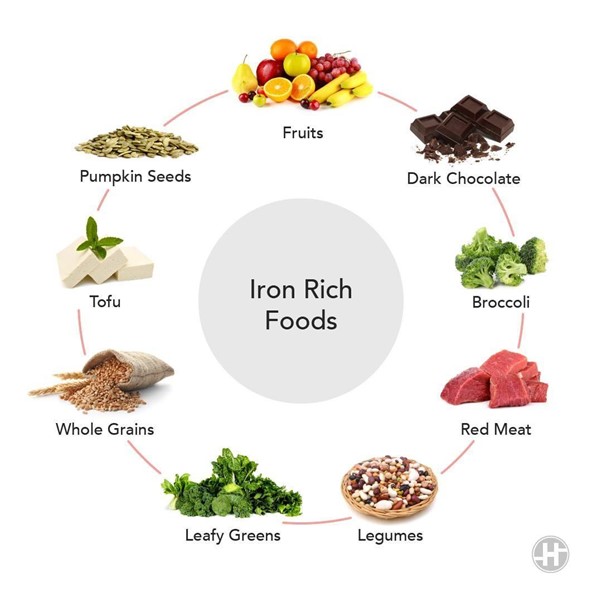The nurse is caring for a client diagnosed with type 1 diabetes mellitus who uses both short-acting and long-acting insulin adjusted doses throughout the day. Which nutrient is essential for the client to count for each meal and snacks?
Protein.
Carbohydrates.
Dairy.
Fats
The Correct Answer is B
Choice A
Protein is not essential. While protein can influence blood sugar levels to some extent, its effect is much smaller compared to carbohydrates. Protein is not typically counted as a primary factor in insulin dosing.
Choice B
Carbohydrates are essential. For a client with type 1 diabetes mellitus who uses both short-acting (mealtime) and long-acting (basal) insulin, counting carbohydrates is essential for meal planning and insulin dosing. Carbohydrates have the most direct and significant impact on blood sugar levels. When carbohydrates are consumed, they are broken down into glucose, which enters the bloodstream and can lead to increased blood sugar levels
Choice C
Dairy is not essential. Dairy products can contain carbohydrates (such as lactose), but the carbohydrate content varies and is not as significant as in foods like grains, fruits, and starchy vegetables.
Choice D
Fats are not essential. Fats have minimal direct impact on blood sugar levels. However, they can affect the overall rate of digestion and absorption of carbohydrates, potentially influencing the timing of insulin administration. But carbohydrate counting remains the primary focus for insulin adjustment.
Nursing Test Bank
Naxlex Comprehensive Predictor Exams
Related Questions
Correct Answer is ["A","B","D"]
Explanation
1 whole-wheat tortilla, 4 oz chicken breast, 4 of an avocados, 1/4 cup of salsa
1030
1 cup coffee, 2 tbsp half and half, 1 small apple, 1 tbsp almond butter
1200
1 cup spinach, 4 oz ground turkey with taco seasoning. 1/4 cup cheddar cheese, 2 bananas
1500
6 cashews
1900
1 cup regular soda, 6 oz white fish, 1/2 white potato, 2 tbsp butter, 1⁄2 cup green beans
2200
1⁄2 cup fat-free yogurt, 1/4 cup blueberries
Correct Answer is A
Explanation
Choice A
Broccoli is appropriate recommendation. Given the client's history of iron deficiency anaemia and the current haemoglobin level below the reference range, it's important to recommend foods that are good sources of iron. Among the options provided, broccoli is the most suitable choice. Iron from plant-based sources (non-heme iron) might be less easily absorbed than iron from animal sources (heme iron), but combining them with foods high in vitamin C can enhance iron absorption. Broccoli is a vegetable that contains both iron and vitamin C, making it a favourable choice to support the client's iron intake and help address the anaemia.
Choice B
Carrots are inappropriate. While carrots are a nutritious vegetable, they are not particularly high in iron.
Choice C
Cheddar cheese is inappropriate. Dairy products like cheddar cheese are not significant sources of iron.
Choice D
Whole milk is inappropriate. Whole milk is not a significant source of iron either. Additionally, calcium in milk might hinder iron absorption if consumed together.

Whether you are a student looking to ace your exams or a practicing nurse seeking to enhance your expertise , our nursing education contents will empower you with the confidence and competence to make a difference in the lives of patients and become a respected leader in the healthcare field.
Visit Naxlex, invest in your future and unlock endless possibilities with our unparalleled nursing education contents today
Report Wrong Answer on the Current Question
Do you disagree with the answer? If yes, what is your expected answer? Explain.
Kindly be descriptive with the issue you are facing.
